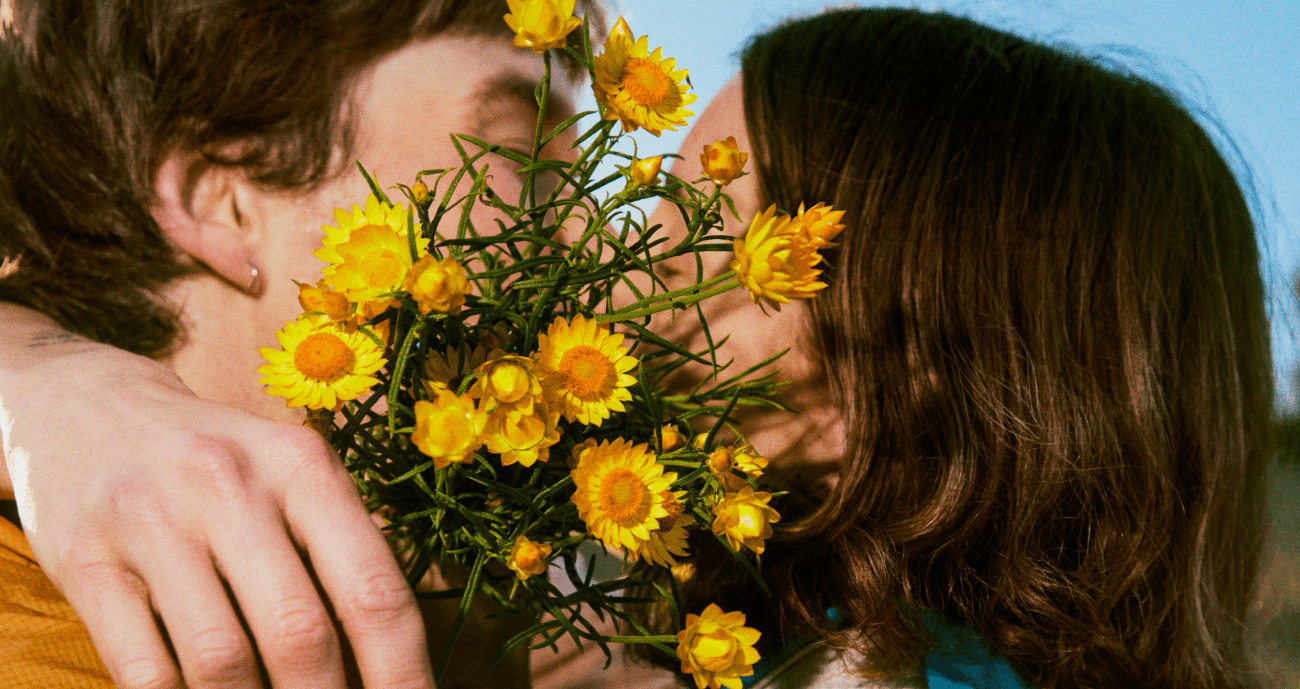By Blair Imani
Tuesday, March 27th marks Muslim Women’s Day, the second annual celebration dedicated to the lives and work of Muslim women. Skeptics both online and off might be asking why there needs to be a day dedicated to Muslim women. Well, Muslim Women’s Day is a time not only for Muslim women to celebrate ourselves, but a time for the larger public to learn about us beyond the narrow stereotypes that mainstream media presents.
The idea for the day of recognition began with Amani Al-Khatahtbeh, a young author and activist who is deeply committed to uplifting all Muslim women through her online media outlet Muslim Girl, as well as numerous other business collaborations and initiatives.
A black queer Muslim woman myself, I am simultaneously facing multiple systems of oppression including anti-blackness, anti-LGBTQ discrimination, anti-Muslim hate, and sexism.
We can understand the way various forms of oppression in society impact each of us according to our multiple, overlapping identities thanks to the work of scholar Kimberlé Williams Crenshaw, who coined and defined the term “intersectionality.”
Muslim Women’s Day is by no means the first intersectional holiday dedicated to uplifting and celebrating folks whose identities are often left out of or misrepresented in mainstream discourse. Writer and activist Feminista Jones created Black Women’s History Week, which falls between Black History Month and Women’s History Month, in recognition of a need to highlight the black women often left out of, or confined to the footnotes of, history books.
Twitter trolls often ask “what about Muslim women who are actually oppressed?” Thanks to the misrepresentation of Muslim women, I’m frequently asked this in conjunction with my own decision to wear hijab. Muslim women, like all women, exist within the patriarchy, a social structure that prioritizes men in positions of leadership, moral authority, and economic control. Whether we examine the wage gap, rape culture, or the movement to thwart access to health organizations like Planned Parenthood, women are often denied full freedom in a myriad of ways. All women are oppressed. It isn’t a competition.
For many Americans, the realities of domestic violence and sexist school dress codes on our own soil are ignored in favor of conversations about “honor killings” and hijab in the Middle East. I would be a very wealthy woman if I had a dollar for every internet stranger who told me I was being forced to wear hijab despite my assertions of the contrary. Muslim women are often assumed to be victims of an oppressive religion while our stories are cast to the margins.
Existing within a patriarchal system means that any ideology (including feminism) can be warped and weaponized against women. It is absolutely true that Muslim women around the world continue to face violence, policing, and harassment. Oppression is not exclusive to the Islamic faith. In the United States, all women face politicians who seek to control our bodies with legislation that blocks access to basic reproductive care and until 2017, all women in Saudi Arabia were banned from driving. All of these struggles matter, and one woman’s reality should not be used to erase another’s. Patriarchal oppression comes in many forms. Yet internet trolls enjoy reducing the lived experiences of Muslim women to the pieces of fabric that some of us choose to wear.
So, as your feed is illuminated with vibrant photo essays and thoughtful think pieces on Muslim Women’s Day, I invite you to listen to Muslim women and learn more about the diversity within our experiences. If you can, take this day to intentionally support our businesses.
Here are a few resources to get started:
Learn more
- Sapelo Square, the first website dedicated to the comprehensive documentation and analysis of the black American Muslim experience.
- Identity Politics, a podcast on race, gender and Muslims in America created by Ikhlas Saleem and Makkah Ali.
- Sister-hood Mag, founded by Deeyah Khan is a digital magazine spotlighting the voices of women of Muslim heritage.
- Amaliah, a website dedicated to representing Muslim women and creating original content to manifest positive cultural change.
- #BlackMuslimGirlFly, a platform created by Nia Malika Dixon to shine a light on a group who has been in the shadows way too long, Black Muslim Girls & Women.
SUPPORT MUSLIM WOMEN OWNED COMPANIES
- LOUELLA, created by Olympic medalist Ibtihaj Muhammad, offers easy to wear, fashion forward clothing made in the United States.
- Buno Design, an eco-friendly, minimalist, and refined clothing brand founded by two Muslim sisters.
- Haute Hijab, founded by Melanie Elturk in 2010 as a chic and stylish brand for scarves, shawls, and other accessories.
- Zakiyah Candles, a Muslim-women owned business producing all-natural handmade, 100% soy candles.
- IM WISE, founded by Rana Abdelhamid, the International Muslim Women’s Initiative for Self Empowerment is a self-defense, social entrepreneurship and leadership development movement for young Muslim women.




Social Media